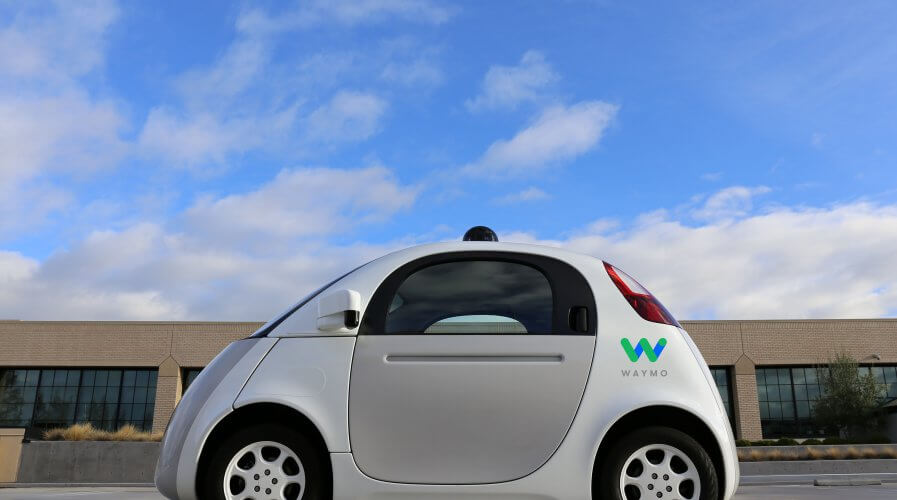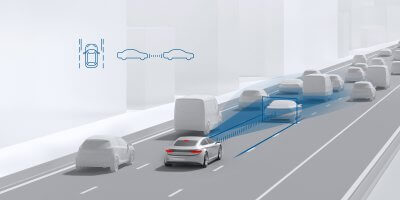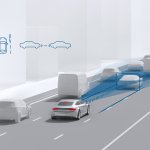
If fully autonomous vehicles are really looking at commercializing by 2020, there are plenty questions that needs to be answered first. Source: Waymo
Will autonomous cars really be safe and street-ready by 2020?
SEEMS like automakers have put themselves on a deadline to commercially “launch” level 5 autonomous vehicles. Their chosen date is between 2020 and 2021. However, the reality is, self-driving cars will probably only hit the roads 5 years later.
Technically speaking, “Level 5 autonomy” refers to the complete automation of all vehicular systems – according to the Society of Automation Engineers (SAE).
According to SAE, these vehicles require zero human attention and have no instruments for navigation or speed adjustment. The car is capable of monitoring its surrounding environment and identifying driving conditions like traffic jams and other obstructions.
However, recent reports of test vehicle crashes are accompanied by a long list of questions such as:
- What kind of data would the vehicle have?
- How would a level 5 autonomous vehicle react to the trolley problem?
- How would motor insurance change?
- What legislative protection would there be in an event of an accident?
If left unanswered, these questions spell the dangers of an autonomous future.
On March 19, a self-driving Uber vehicle got into an accident in Arizona which caused the death of a pedestrian and was one of the most high-profile crashes noted in the history of autonomous driving. Soon after, the company ordered a freeze on its self-driving tests.
The crash has caused the public to ask questions about the technology and prompted governments to better “govern” the debut of autonomous vehicles in their jurisdiction. Technology companies too are racing to independently investigate what went wrong, review their own vulnerabilities, and understand how such a situation can be avoided in the future.
Autonomous vehicles not only affect consumers but also businesses.
In realizing the future with level 5 autonomous vehicles, businesses benefit from a more efficient logistics network that minimizes human error and reduces accidents.
Technically speaking, a fully autonomous vehicle should also be able to safely and accurately navigate the most efficient route and drive for hours, building a “transportation network” that’s way more efficient than the existing one run by humans.
Whether you consider Nvidia, Waymo, or even Baidu, technology companies from across the world are working on autonomous car technology and making tall claims.
Some might even offer to showcase their product claiming it is ready to “go to market”, but the questions still remain unanswered. A rushed commercial launch will fuel more anxiety, fear, and concerns among consumers and common citizens.
As experts explain, the technology may be revving and ready to go but without adequate legislation, people will averse to (and quite uncomfortable) giving up total control to a machine – irrespective of the hidden and apparent benefits to businesses and private citizens.


